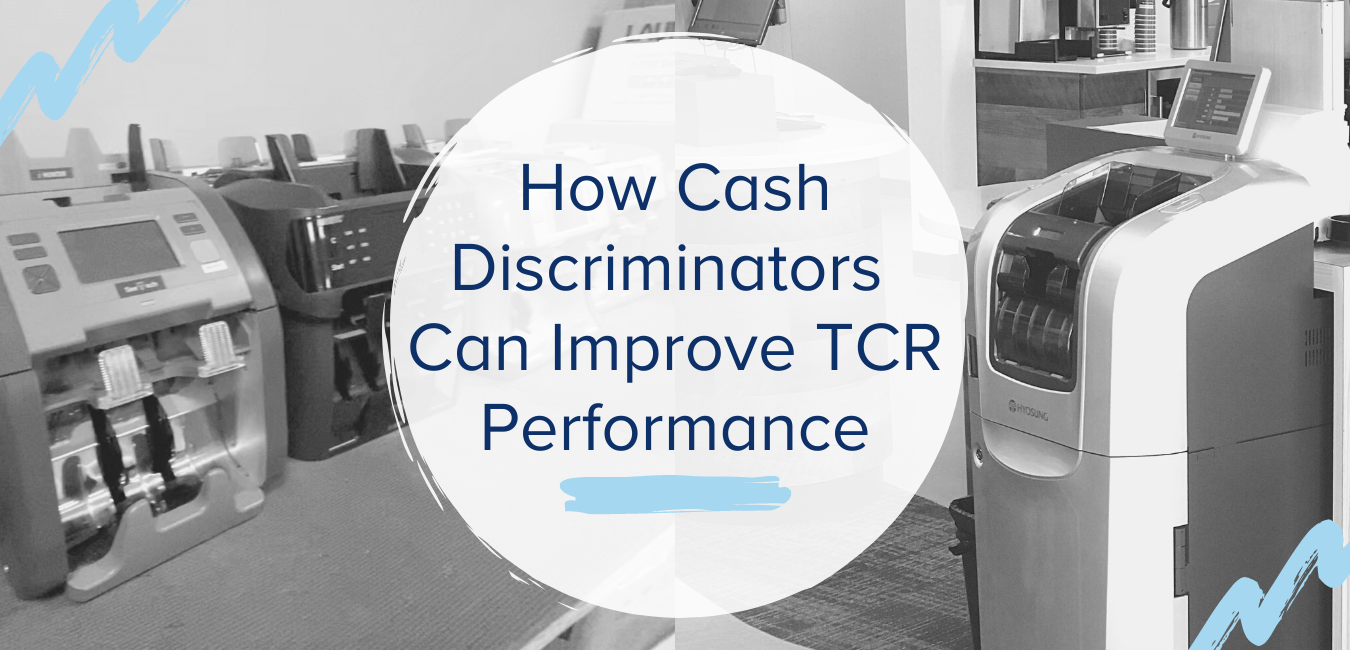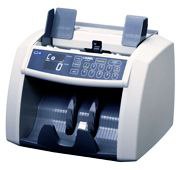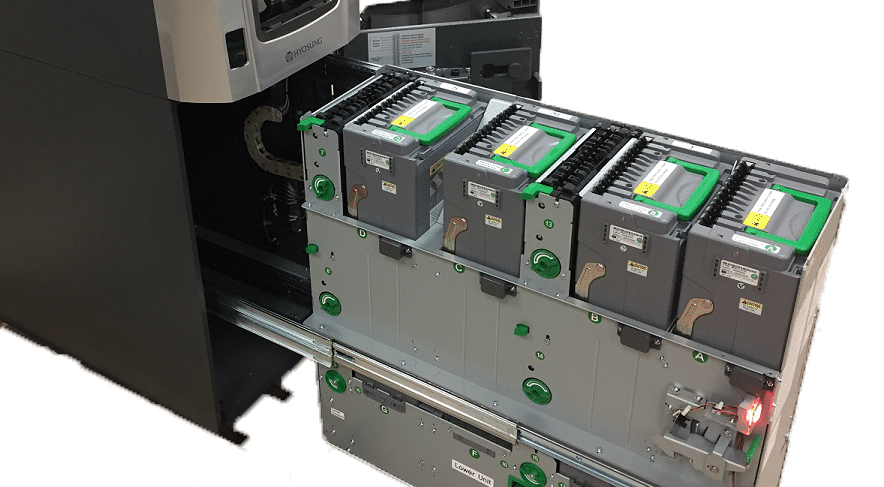Strategic Planning 2020: 4 Areas to Consider for Financial Institutions
It’s hard to believe that 2020 is almost here! Many Financial Institutions are still in the throes of Windows 10 upgrades and trying to beat the...
2 min read
 Sean Farrell
:
Aug 3, 2020 2:08:20 PM
Sean Farrell
:
Aug 3, 2020 2:08:20 PM

Both the Teller Cash Recycler (TCR) and Cash Discriminators are powerful tools that, when implemented, can magnify the productivity of a financial institution. TCRs and Cash Discriminators can strengthen and streamline operations within your teller line, though they are uniquely different machines. The similarities and differences between them make the two a perfect pair, utilizing one or the other’s strengths and weaknesses to function as one unit and create an automation powerhouse.
Simply put, the TCR is a machine that continually authenticates incoming bank notes and stores them in an internal vault, allowing tellers to automate the processes of counting and storing cash, diminishing the need for tellers to relocate to complete vault transactions and making a more secure and productive environment surrounding the teller line.
The primary advantage the TCR gives its users is its ability to take bills in and dispense bills out. Its high capacity for cash makes this process best suited to financial institutions that want to increase the efficiency of their teller lines, reducing many of the dual control trips to the vault.
Like a TCR, the Cash Discriminator also authenticates bills and automates cash handling. Both the TCR and Cash Discriminator can handle large stacks of bills of different denominations and sort through them all at once, reducing the opportunities for human error in completing transactions and improving the productivity of a teller line. However, there are a few ways in which the two machines differ.
While TCRs really are the pinnacle of efficiency, there are types of deposits that may not be ideally suited for the overall operations of a TCR. These may be deposits that are very large quantities of a single denomination. There isn’t a point in running all that cash into the TCR only to fill up one denomination and then have to take it back out.
Secondly, deposits that are typically poorer quality notes, may pose a challenge to the TCR. Maybe this is a C-store deposit or quick service restaurant needing to be processed. By processing the notes through a cash discriminator first, you may eliminate jamming opportunities in the TCR keeping it more available to handle the bulk of transactions.
Those unfit notes are also likely not the best notes to return to customers for withdrawals and cashing checks, so by using the discriminator to filter those notes out and have them head to the vault, you’ll likely improve your overall uptime on the TCR.
A Cash Discriminator is also a great tool for facing and orienting bills. Upon receiving a shipment of cash from the Fed, bills are often mixed up, leaving tellers scrambling to sort them. A Discriminator can complete the task in a fraction of the time it would take a person. This also means that if I teller were to complete a transaction with a TCR, the employee can sort the bills soon after, using the Discriminator to orient and face the bills to return to the client.
Every tool has its faults. Thankfully, by implementing TCRs and Cash Discriminators in your branches, those faults do not have to be detrimental to your financial institution. Both devices can improve transaction operations and using the two together can greatly improve the overall effectiveness of the cash processing.
Ultimately, the machines are a great way to empower your tellers to focus on the interactions with clients. Not only that, but it can also save you money you would have been spending on labor costs. Ultimately, the ROI your FI will gain from implementing this automation powerhouse makes it well worth the investment.

It’s hard to believe that 2020 is almost here! Many Financial Institutions are still in the throes of Windows 10 upgrades and trying to beat the...

Every year a variety of clients ask us if they need a cash discriminator or will a basic counter meet their needs The clients range from Banks and...

Most of the rolled storage module (RSM) vs. cassette-based cash recycler comparison conversations center around speed and capacity. And while those...